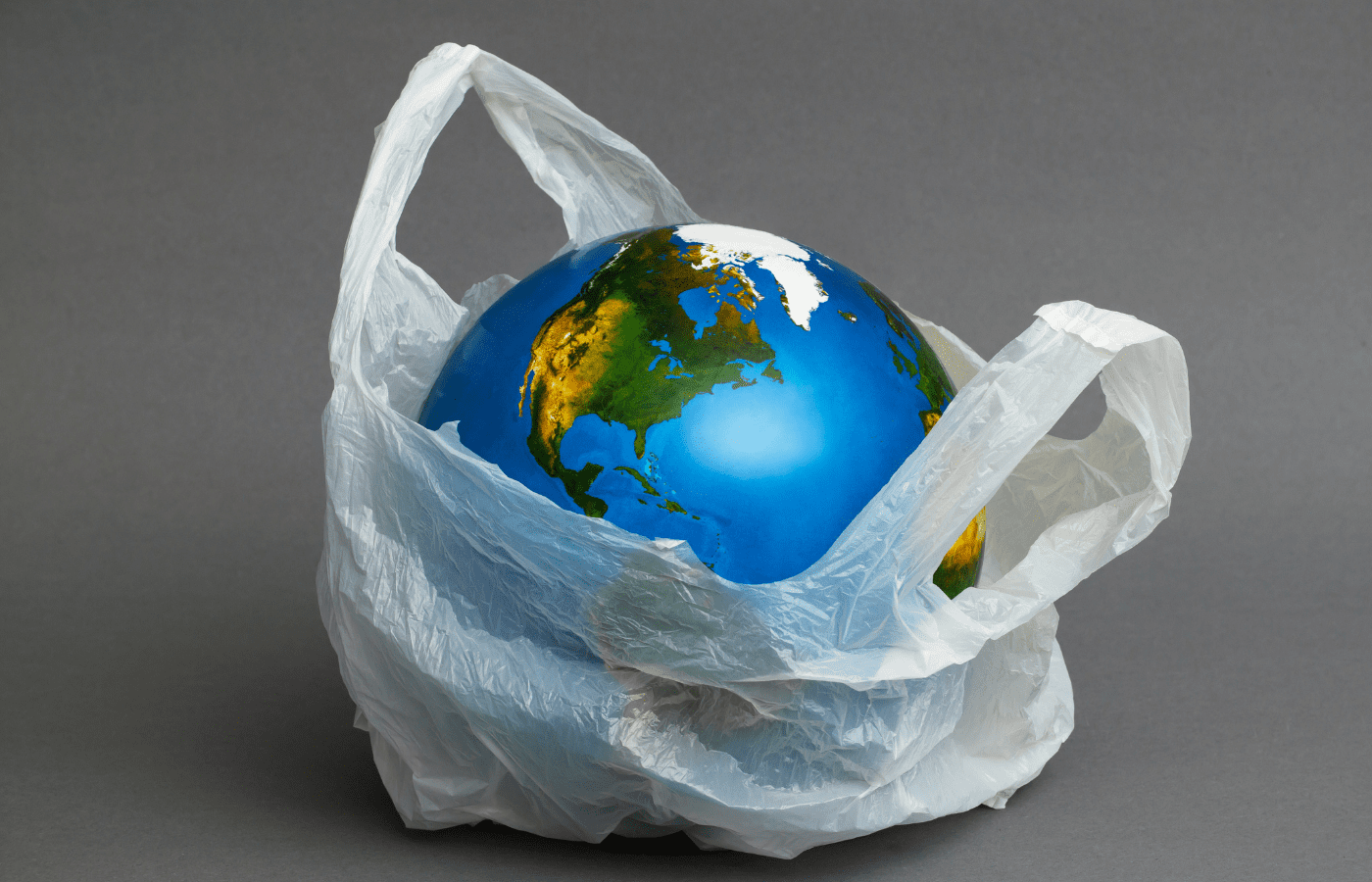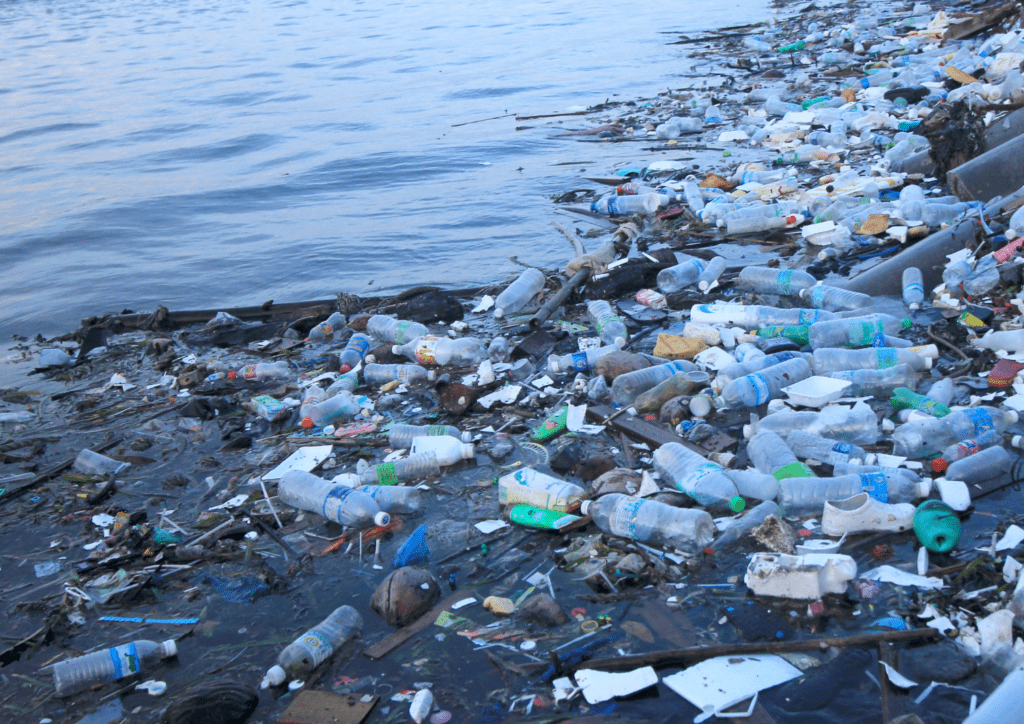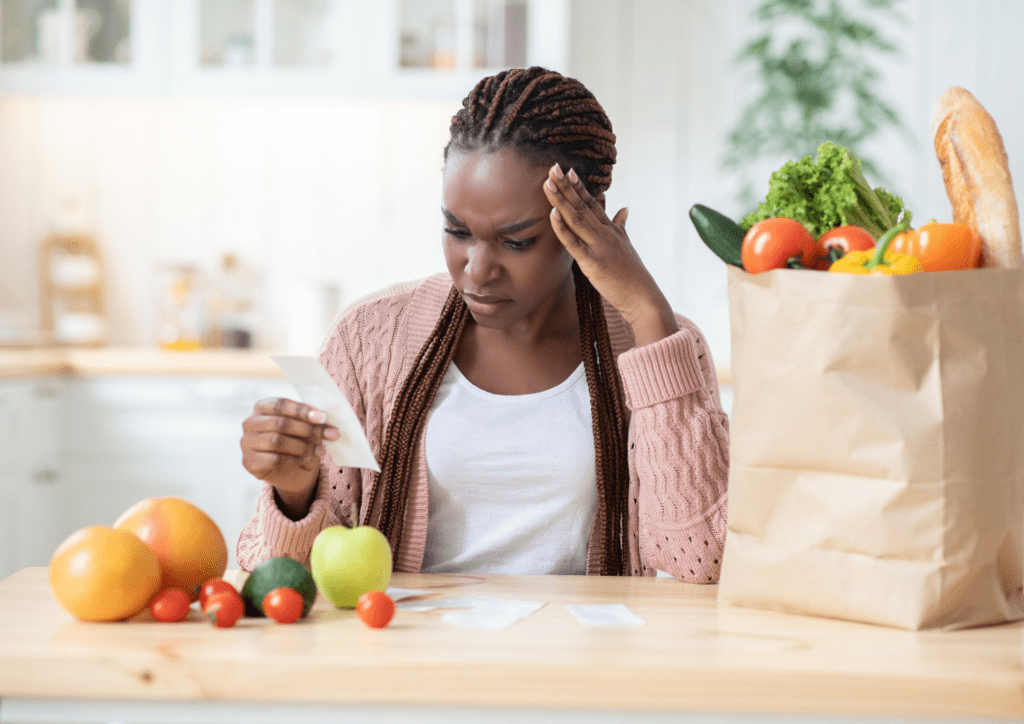Canada’s new environment minister must clean up the plastic mess, and quick
Steven Guilbeault has to hit the ground running if he’s going to implement a plan that allows his government to achieve its promise of zero plastic waste by 2030.
The good news is that Guilbeault is a long-time environmentalist and is being handed a strategy to tackle plastic pollution. The bad news is, the strategy is still in its infancy. The government took the important step of listing plastic as a toxic substance under the Canadian Environmental Protection Act last spring, but has yet to move ahead with urgently needed rules to stop the harm that plastics are wreaking on our environment.

We’re still waiting for regulations to ban six single-use plastics that were supposed to be in place as early as 2021. Then there’s the substantial plan the Liberals put forward to address plastic pollution in the recent federal election. It goes beyond the bans, vowing rules requiring new plastic packaging to include significant recycled content, a 90% recycling target for beverage containers and a $100 million fund to support reuse and recycling infrastructure. These are good measures, but the clock is ticking toward environmental disaster.
Plastic is made almost entirely from fossil fuels in a process that releases greenhouse gases — which is why plastic is being called the new coal.
A new report from the United Nations Environment Program notes that plastic production, use and disposal is estimated to have contributed 1.7 gigatons of greenhouse gases (GHGs) to the world’s atmosphere in 2017 alone. One gigaton is equal to a whopping 1 billion tonnes. It means that, if plastic was a country, it would be the fifth largest emitter of GHGs after China, the U.S., India and Russia.
But this isn’t just an environmental issue. It’s a human rights one too.
Plastic pollutes at every stage of its life cycle, and a new UN report confirms that this pollution affects human rights around the world. The report found that people in “vulnerable positions,” including workers, children, women, people living in poverty and Black and Indigenous people, are the most likely to be affected by emissions from the production, use and disposal of plastics around the world. And that includes Canada.
The world is quickly coming to grips with the scale of the crisis and consensus is growing that a global treaty to reign in plastics at all phases of its life cycle is needed. Guilbeault must ensure Canada plays a lead role at the talks coming at the United Nations Environment Assembly next February and champion an ambitious, legally-binding treaty that ensures countries around the world — including the big plastic producing and consuming countries like ours — lead in reducing plastic production, use and disposal.

Guilbeault will also need to push back, both at home and on the world stage, against industry who love to pretend that the only problem with plastic is poorly managed waste and the only answer is recycling. Guillbeault won’t be alone on industry pushback. “It doesn’t work,” U,K. Boris Johnson confirmed about recycling, just the other day.
It’s time to move on the plan to save ourselves, and the world, from plastic pollution.








